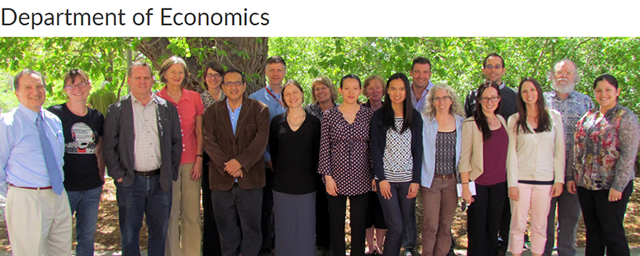
Economics ETDs
Publication Date
9-3-2010
Abstract
While the literature discussing public funding of education and the associated costs is extensive, studies that examine household, or private, costs for education are scarce. I use data from the 2005 Mexican Family Life Survey first to examine the nature of these private costs for Mexican families and second to determine to what extent direct schooling costs incurred by households are significant factors in enrollment decisions for primary and secondary school students. I find that, while small, direct costs are consistently significant determinants of school enrollment. Students age 13 to 15 are more sensitive to these direct costs than are their younger peers. Other opportunity cost and household factors, such as child employment and parents education level, are also statistically significant determinants of enrollment. Given the significance of direct costs on enrollment decisions, I examine one of Mexico's public education programs, its National Free Textbook Commission (CONALITEG), in order to determine if it is a sound use of public funds. Using a cost-benefit analysis, I conclude that CONALITEG is in fact a good use of funds that targets a demonstrable obstacle to school enrollment.
Degree Name
Economics
Level of Degree
Masters
Department Name
Department of Economics
First Committee Member (Chair)
Coes, Donald
Language
English
Keywords
Mexico, primary education, secondary education, private costs, enrollment, textbooks
Document Type
Thesis
Recommended Citation
Moore, Lauren Kelly. "Schooling in Mexico: An Evaluation of Private Costs as a Determinant of Household Demand for Education, and the Benefits of a Free Textbook Program." (2010). https://digitalrepository.unm.edu/econ_etds/41
